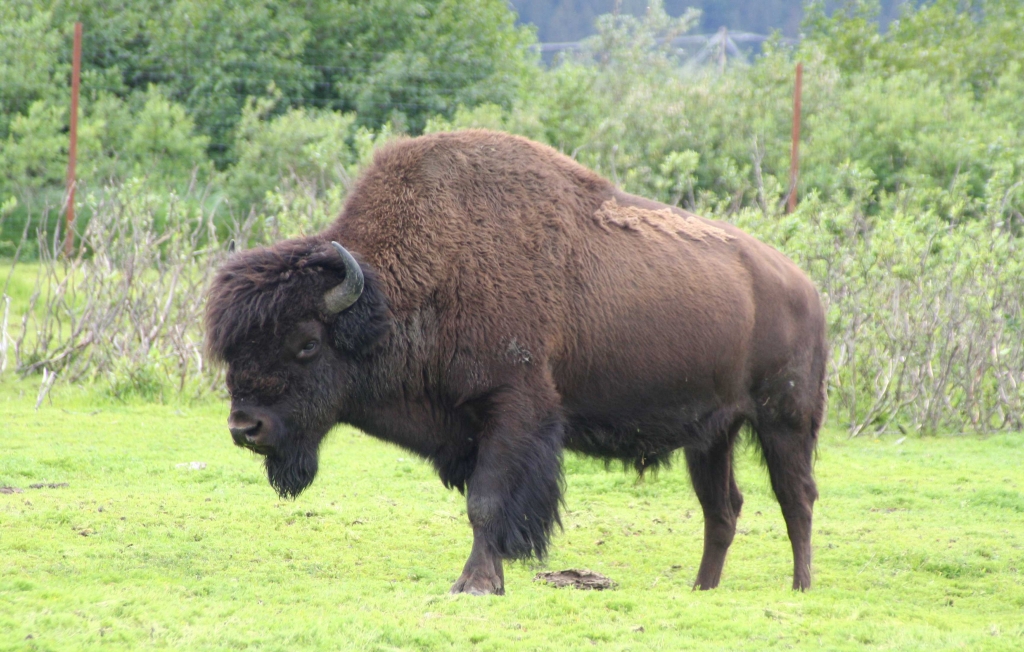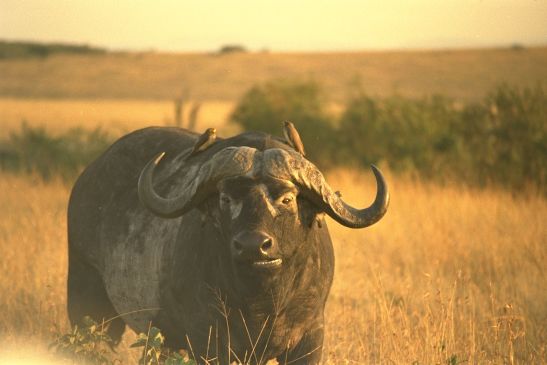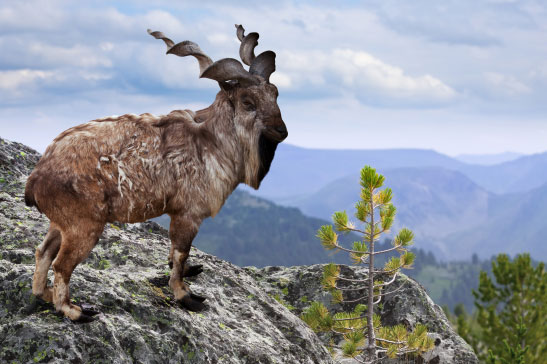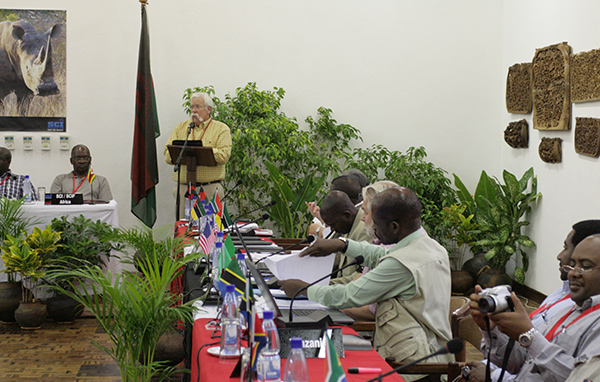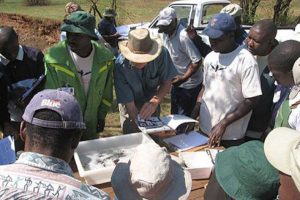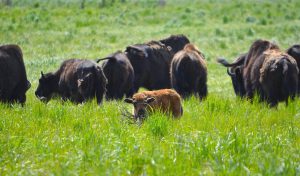Wildlife Conservation
Embracing the conservation ethic of hunters and promotes hunter stewardship of wildlife resources

SCI Foundation’s Conservation team funds and directs worldwide programs dedicated to wildlife conservation. Each program region – North America, Africa, and Asia – has specific areas of focus, from predator-prey interaction to wildlife genetics and anti-poaching to applied management. We work closely with SCI Chapters and members to advance local, regional, and global wildlife conservation projects each year. We also partner with sustainable use organizations and with researchers at top universities in the United States and elsewhere to ensure that the best science is used to make wildlife conservation decisions. SCI Foundation has funded over 100 wildlife conservation projects in more than 30 countries, showing that hunting is conservation.
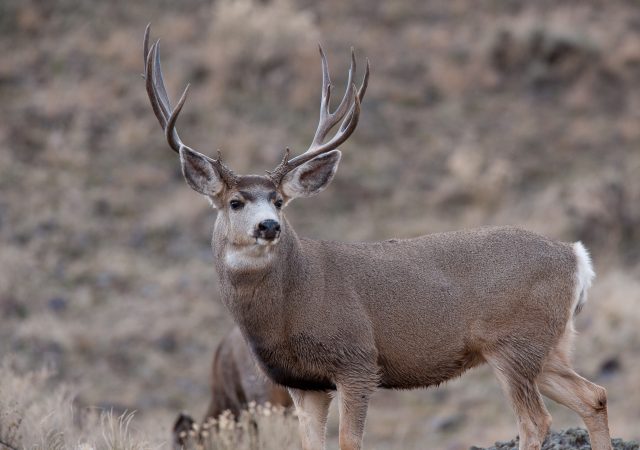
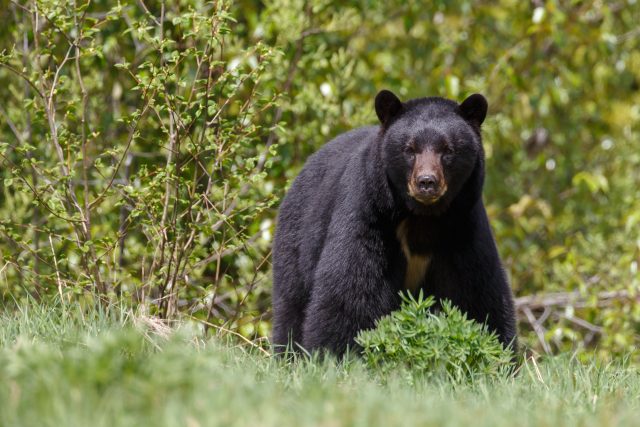
North America
SCI Foundation has been working for over 10 years to help understand the role of predators and habitat quality in population dynamics of North America’s most important game species: the white-tailed deer. Our flagship project in northern Michigan showed the importance of high quality winter habitat for deer in the region, as well as the influence of black bears, wolves, and coyotes on Michigan deer. We recently expanded into a similar project in the Appalachian Mountains of western Virginia.
Mule deer have been declining for years in many parts of the western United States and Canada. SCI Foundation has supported numerous projects examining reasons for these declines and possible management options for this iconic western big game species. Possible reasons include predator-mediated apparent competition with other species such as elk, loss of migratory corridors and winter range, and long-term land use changes. Our projects have examined these issues across the region, including in Alberta, Wyoming, and Colorado. SCI Foundation is supporting the Wyoming Migration Initiative project that recently published their findings in the journal Science.
The SCI Foundation has historically been a leader in research related to North American bear species. We have supported efforts to better understand populations of black bears in Missouri and California so that these populations can be sustainably harvested. More recently, the Foundation has been a major supporter of survey efforts for grizzly bears in British Columbia. With recent challenges to regulated hunting of grizzlies there and in the greater Yellowstone region of Wyoming and Montana, it is even more important to have high quality scientific data to support management decisions.
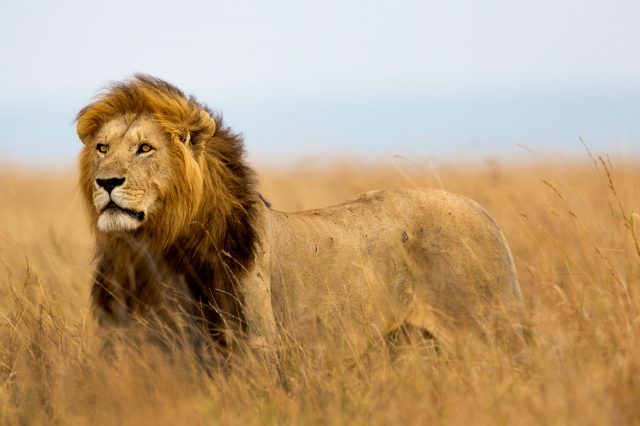

Africa
SCI Foundation has long been committed to better understanding and management of big cats in Africa, with the goal of maintaining the well-established benefits of regulated hunting for the conservation of these species. This includes the flagship Tanzania Lion Survey Project, which has been producing innovative results on improved study design, more effective survey techniques and better estimates of lion abundance in Serengeti National Park and other areas since 2014. . This research will be used to further assess the status of African lions in other range states with the most accurate data available. More recently, as leopard harvest has come under increased scrutiny from international regulatory bodies, SCI Foundation projects are examining camera-based survey techniques for this iconic African predator.
Since 2005, the SCI Foundation has contributed more than $500,000 to antipoaching efforts in Africa and Asia. Among the many antipoaching projects are efforts to protect elephants and rhinoceros in Kruger National Park in South Africa (and adjacent areas of Mozambique), the Selous Game Reserve in Tanzania, the Savé Valley Conservancy in Zimbabwe, and community hunting conservancies in Namibia. Previous anti-poaching efforts have been focused on the bushmeat trade in Zambia, protection of Cape Buffalo, and developing anti-poaching infrastructure in parts of central Asia (e.g., Tajikistan and Kazakhstan).
We will host the 16th African Wildlife Consultative Forum (AWCF) this year in Kampala, Uganda. This annual meeting has become a critical forum for sustainable use advocates in Africa to exchange information, formulate policy, and conduct long-term planning. Delegates from African range states, international and national regulatory agencies, Professional Hunting Associations, and sustainable use NGOs are all regular attendees. Important topics at this year’s meeting will include CITES changes and issues, the future of community-based conservation in Africa, and conservation of elephants and rhinos.
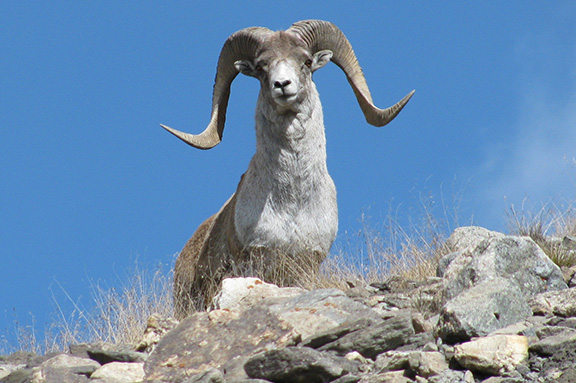
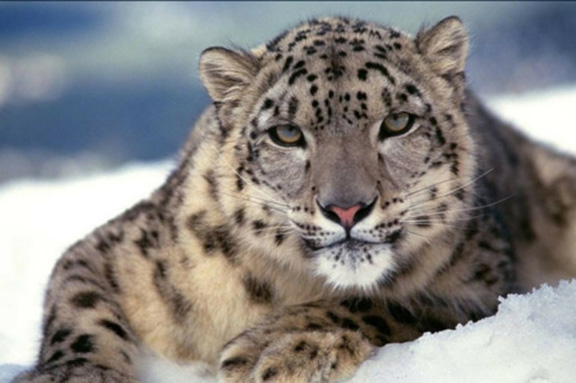
Asia
SCIF Foundation has been involved with conservation and sustainable use of Asian argali sheep since 2010. This started with the development of community-based management and science-based harvest quotas for Marco Polo argali in Tajikistan. More recently, we have begun working with the Wild Sheep Foundation and the government of Kazakhstan to estimate the population of Tien Shen argali in Kazakhstan, with the goal of formulating a sustainable harvest plan.
In Nepal and northern Pakistan, populations of rare snow leopards have been poorly understood for decades. SCIF Foundation recently engaged in research efforts to better define abundance of this iconic predator of the region, as well as estimate populations of important prey species such as blue sheep.
SCI Foundation has been working with the Wildlife Conservation Society to facilitate community-based management of natural resources in Pakistan. Much of this effort has been focused on markhor through development of reliable population estimates and a long-term monitoring program for the species. Efforts also include establishment of anti-poaching infrastructure and mechanisms for long-term management of harvest by local communities.

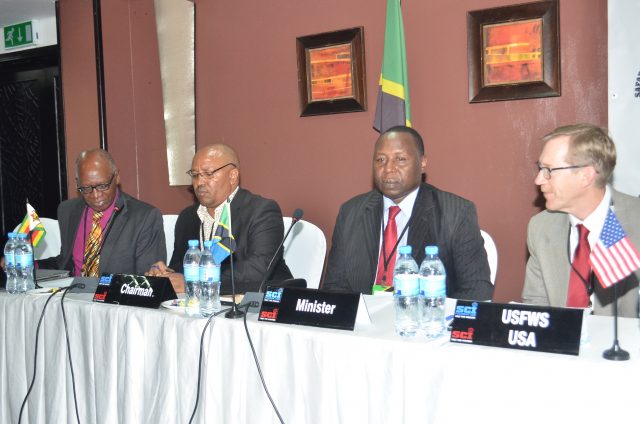
Policy
SCI Foundation is active in promoting rational, science-based wildlife management policy at the state, regional, national and international levels.
At the state and provincial level, the Foundation has written recommendations or provided science-based support for SCI government affairs comments on issues such as the proposed grizzly bear hunts in the greater Yellowstone ecosystem, the governor’s ban on hunting bears on public land in New Jersey, and the proposed ban on importation of trophies from Africa to California. We support management decisions and policy that use the best available science, with a focus on supporting state wildlife management agencies and regulated, legal harvest wherever practicable. SCI Foundation also contributes scientific input and comments on various issues facing games species and hunters in North America, such as the continent-wide concerns related to chronic wasting disease.
SCI Foundation represents Safari Club International and promotes sustainable use of wildlife resources in national and international organizations, including the Convention on International Trade in Endangered Species (CITES), the International Union for the Conservation of Nature (IUCN), and the Association of Fish and Wildlife Agencies (AFWA). Recent issues before these groups that SCI Foundation has commented on include the role of hunting in conservation of various species, the allocations of export quotas for leopards and other protected species, and importation procedures by the USFWS for trophies of various species from Africa and other regions.
Conservation Highlights Guide
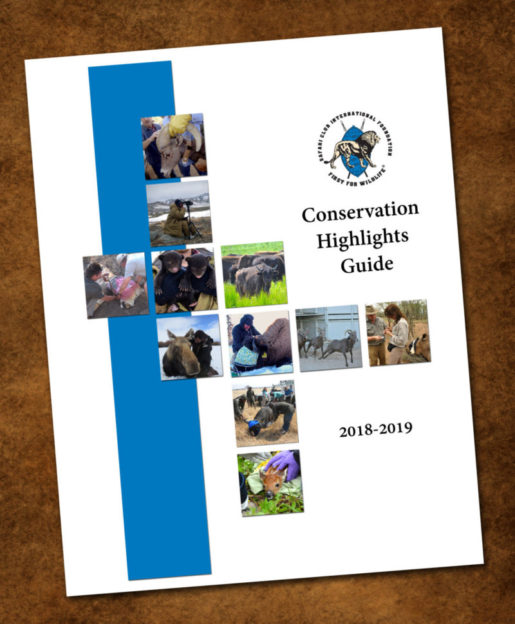
Learn more about SCI Foundation Conservation Programs and their impact by clicking the button below.

Since 2000, SCI Foundation has provided more than $80 million to promote science-based conservation through wildlife research, capacity building in governments, youth and teacher education, and humanitarian programs that show the importance of the hunting community in society around the world. Growth of SCI Foundation has continued to gain momentum through charitable donations from SCI members and direct grants from local chapters and the SCI organization. Throughout the world, SCI’s approximately 50,000 members and 190 chapters contribute time, talent, and financial support to local, national, and international projects.

